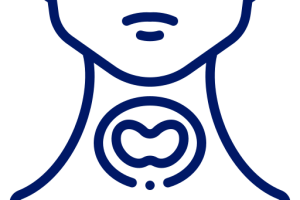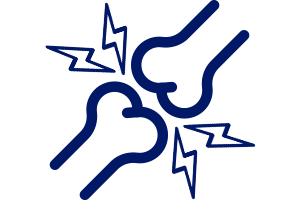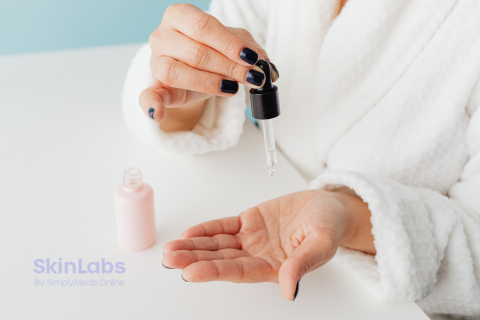When Did STI Replace STD?
Nov 28, 2017
Condoms and Sexual Health
STI stands for a sexually transmitted infection they are so called because they spread due to sexual intercourse. In the past, such infections were known as sexually transmitted disease (STD) and Venereal Disease (VD). All refer to either bacterial or viral infection transmitted through sex. It is only recently that the term STI has been used this is due to modern interpretations of the condition. According to PopSugar.com the reason is due to political correctness. Apparently, the concept of disease has a lot of negative stigmas attached and makes people reluctant to seek help. Also, the term disease infers that there are definitely visible symptoms when in fact many STI go unnoticed. The concept of an infection is much more palatable to address than diseases that were once considered dirty and in the realm of sailors and undesirable members of society.
STI Today
Sexually transmitted infections are a common condition that can be easily caught. Everyone is susceptible to catching them if they forget to take precaution. STI can either be bacterial infections that are treated with antibiotics or viruses that are controlled with antiviral medication. Chlamydia, gonorrhoea and syphilis are bacterial infections while HIV and herpes are viral infections. We often associate STI with young people because we assume that they are more virulent however older people are increasingly contracting sexually transmitted infections. This is because we are living longer and an increasing number of retired couples are splitting up and enjoying an exciting sex life. Many sexually transmitted infections are becoming resistant to antibiotics and are more difficult to treat. This is why prevention is so important. Infections such as chlamydia cause damage to the fallopian tubes causing infertility. Viral infections stay in your system and flare up every so often causing great discomfort and embarrassment.
Sexually Transmitted Infections
STI is caused by either; bacterial infections, viral infections or parasites. Bacterial infections include; gonorrhoea, syphilis and chlamydia. These can be treated and eliminated with antibiotics. Viral infections include; human papillomavirus, genital herpes and HIV. Antivirals are used to control these infections but they cannot be completely cured. The most common parasite is pubic lice which literally walk from one person to another during intercourse. Special shampoos kill the lice and remove the infestation.
Who’s At Risk?
Anyone who has unprotected sex is at risk of contracting an STI. Protected sex is when you use a condom. Sexually transmitted diseases are transmitted orally as well so a condom should be used during oral sex. The more partners you have increases the risk because you don’t know their sexual history. It is prudent for new partners to get themselves checked out before they embark on unprotected sex. If you have already had an STI you are more likely to catch other ones. Young people between the ages of 15 and 24 are most at risk although older people are catching them more frequently.
Symptoms
Many people can have an STI without knowing it because they often occur with very few symptoms. If you suspect that you may have a sexually transmitted disease you should either go to your doctor or a GUM clinic to have a test. GUM stands for genitourinary medicine which is a sexual health clinic you can visit these establishments in confidence especially if you don’t want to speak to your doctor. STI is invisible and it is impossible to tell if someone has one just by looking at them. If you do have intercourse with someone who has multiple partners you are more likely to get an infection. After a while, a sexually transmitted disease will affect your health. Symptoms of the sexually transmitted disease include; pain when going to the toilet, itching around the genitals, blisters and sores, black specs in your underwear, discharge from the penis and vagina. (Source: NHS Choices). If you would like to review and purchase treatment for an STI please click here.





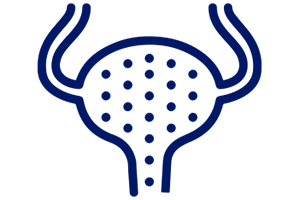






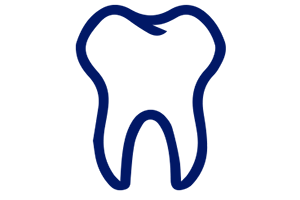


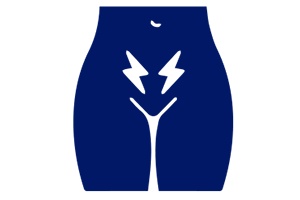

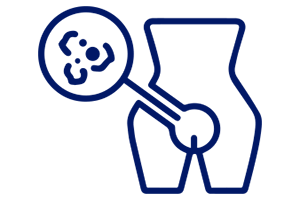










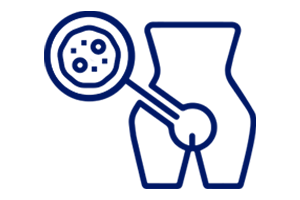

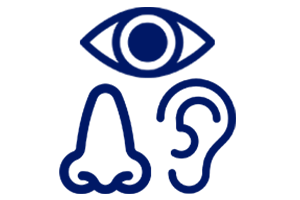











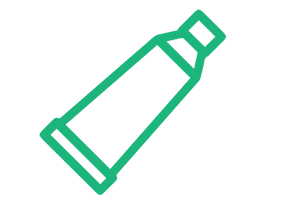


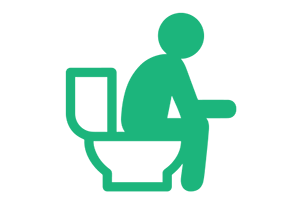

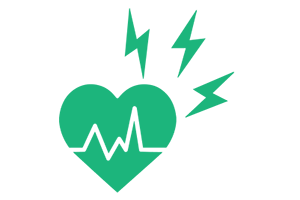




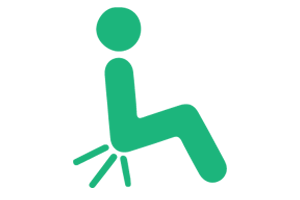
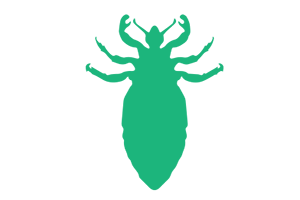


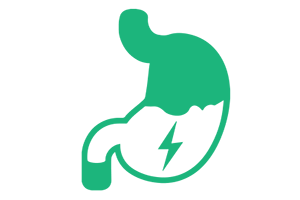



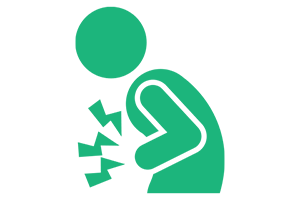
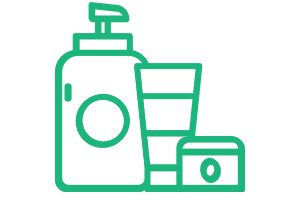
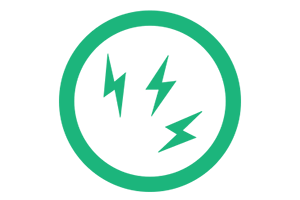

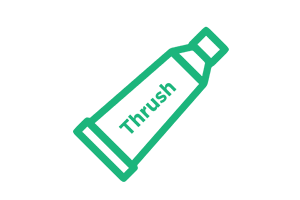








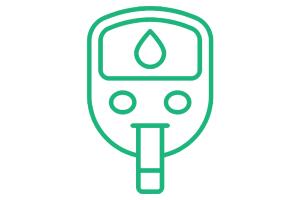





 Account
Account



